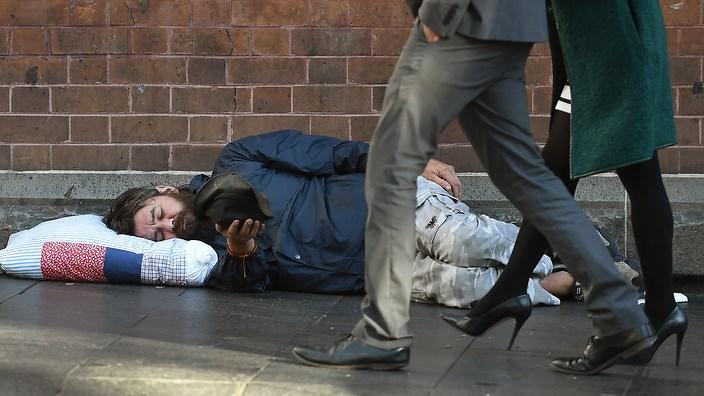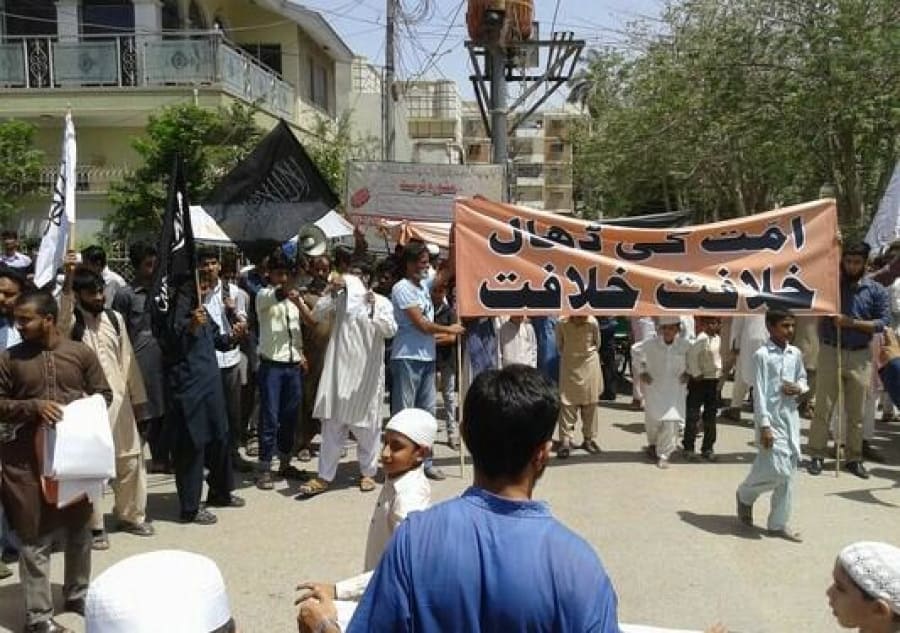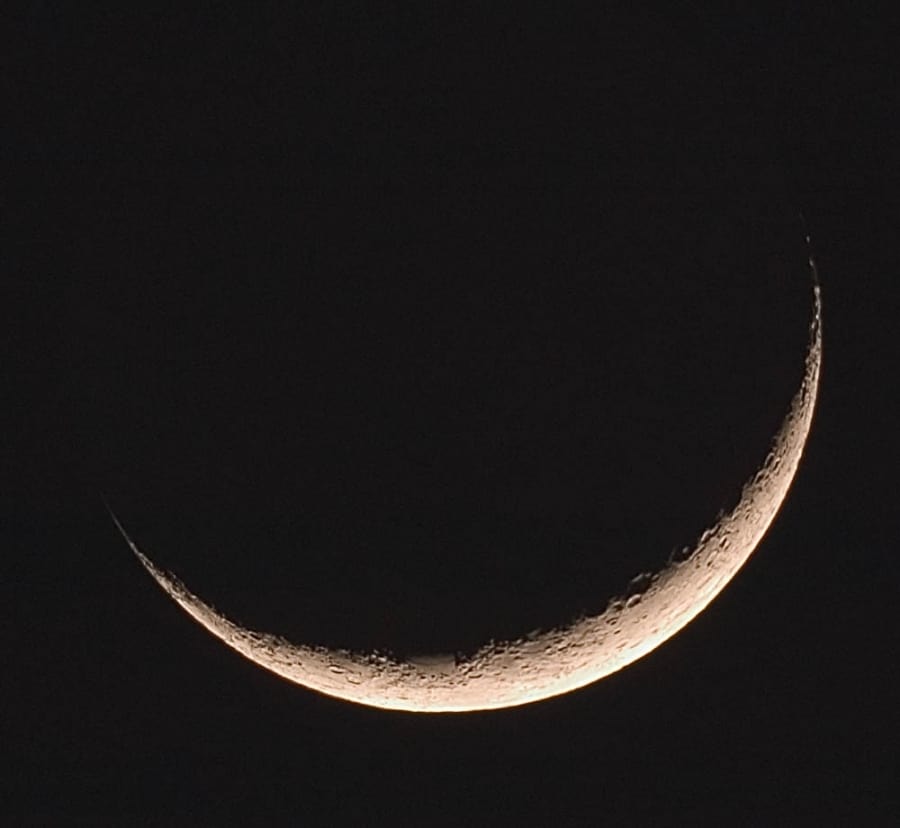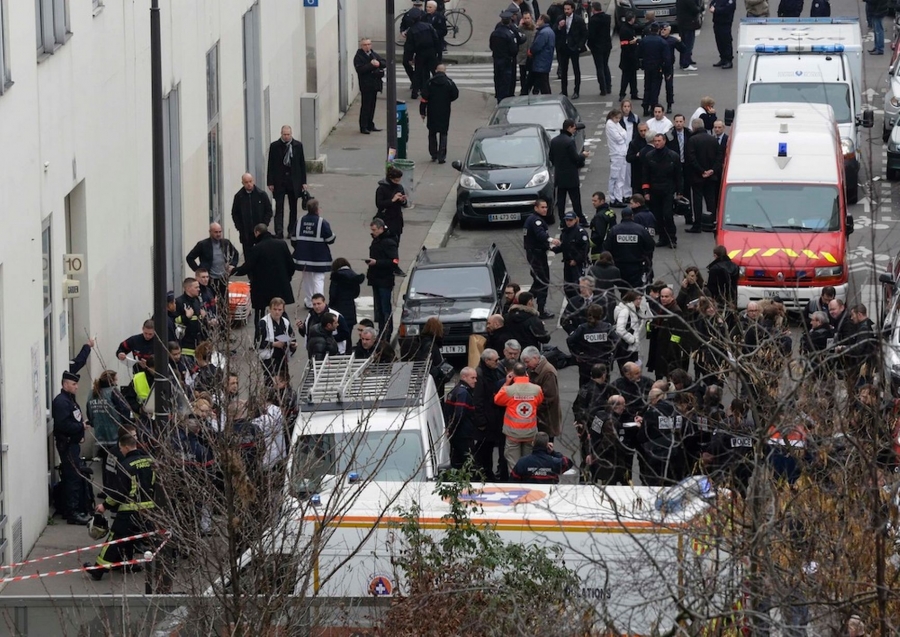Australia’s Opposition Leader, Bill Shorten, recently made some comments about poverty that are likely to be surprising for many. The ABC website did a “fact check” of these comments, concluding that “the basis for the Opposition Leader’s claim comes from a 2014 report commissioned by the Australian Council of Social Service which suggests that 2.55 million Australians live in poverty, with 23.6 per cent of them children.”
In this context, we share some commentary from a local initiative posted on social media recently that makes some points well worth considering about poverty in Australia and the ignored size of the problem. It is also important for the Muslim community, and community activists, to keep these problems in mind in order to realise that the myths often sold about and by Australia are just those: myths; often belying an ugly reality affecting millions that is swept under the rug amid euphoric celebrations of all things liberalism, capitalism and free-market.
Poverty is not only a third world phenomenon
If we were asked to recreate the image of a poverty stricken child, most of us will instinctively refer to iconic images of third world countries ravaged by war or famine.
Whilst this is undoubtedly true, the projection of poverty as a predominantly third world phenomenon only blinds us to how serious a problem it is in countries in first world countries like Australia.
It is not uncommon for families to experience serious food shortages. Children missing out on breakfast or finding no dinner at home. Pensioners choosing between food in the fridge or lighting in the house. Single mums living on handouts or food stamps. The homeless and the mentally ill, which often go hand in hand, suffering more than all of us combined.
But how can a first world country like Australia, with a history of economic prosperity and an enviable welfare system, be home to so much poverty?
The answer is three fold. The first, to put it mildly, is that the benefits of economic prosperity are not equally distributed across Australia’s economic divide. Secondly, Australia is suffering the debilitating consequences of a social and moral decay, giving rise to seemingly uncontainable sociological disintegration. Thirdly, the welfare system has been broken for a very long time – grossly under resourced, horrifyingly mismanaged and in many ways always designed to entrench historical class divides.
I am not suggesting life in Australia is as sorrowful as the third world. But we need to realise, in some cases, it actually is.
![]()

















